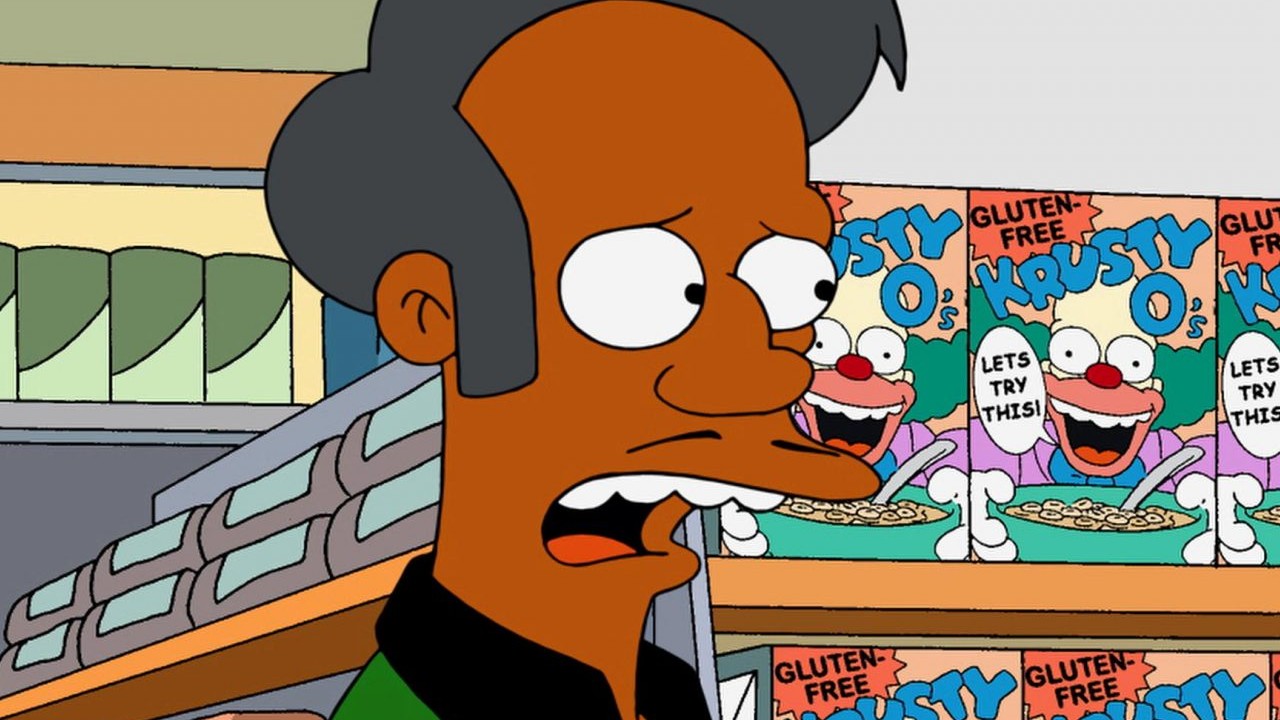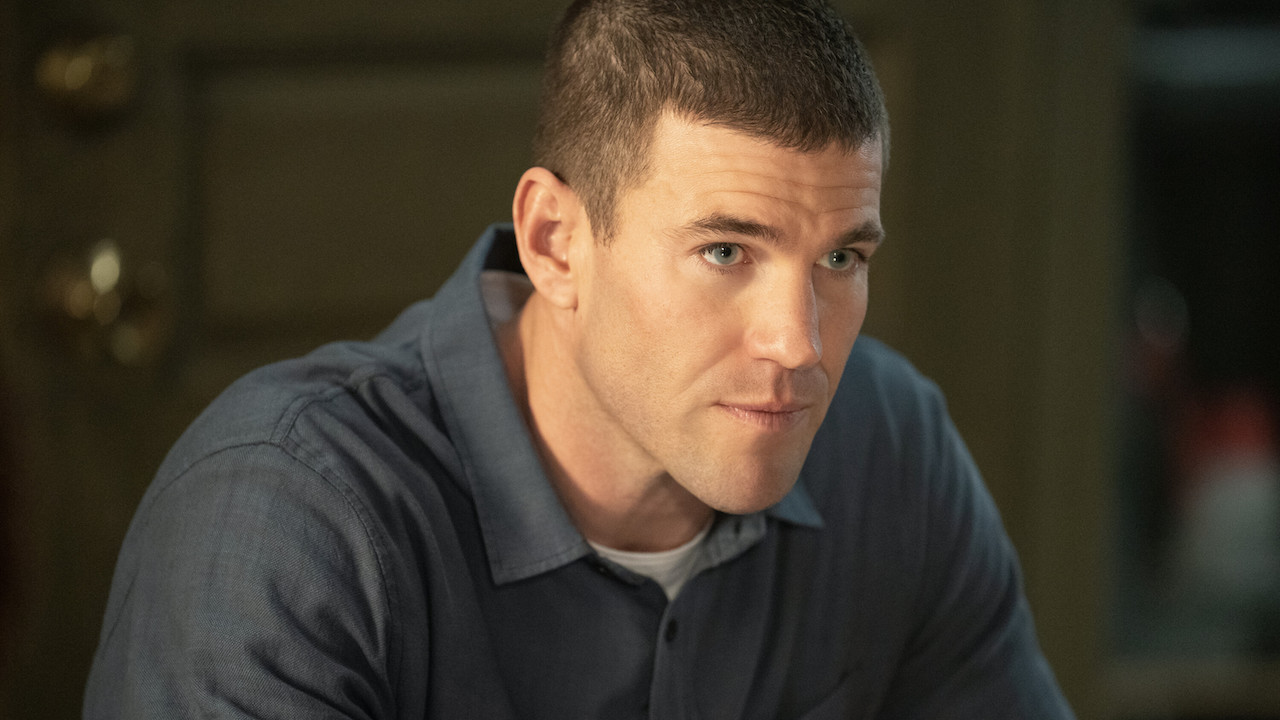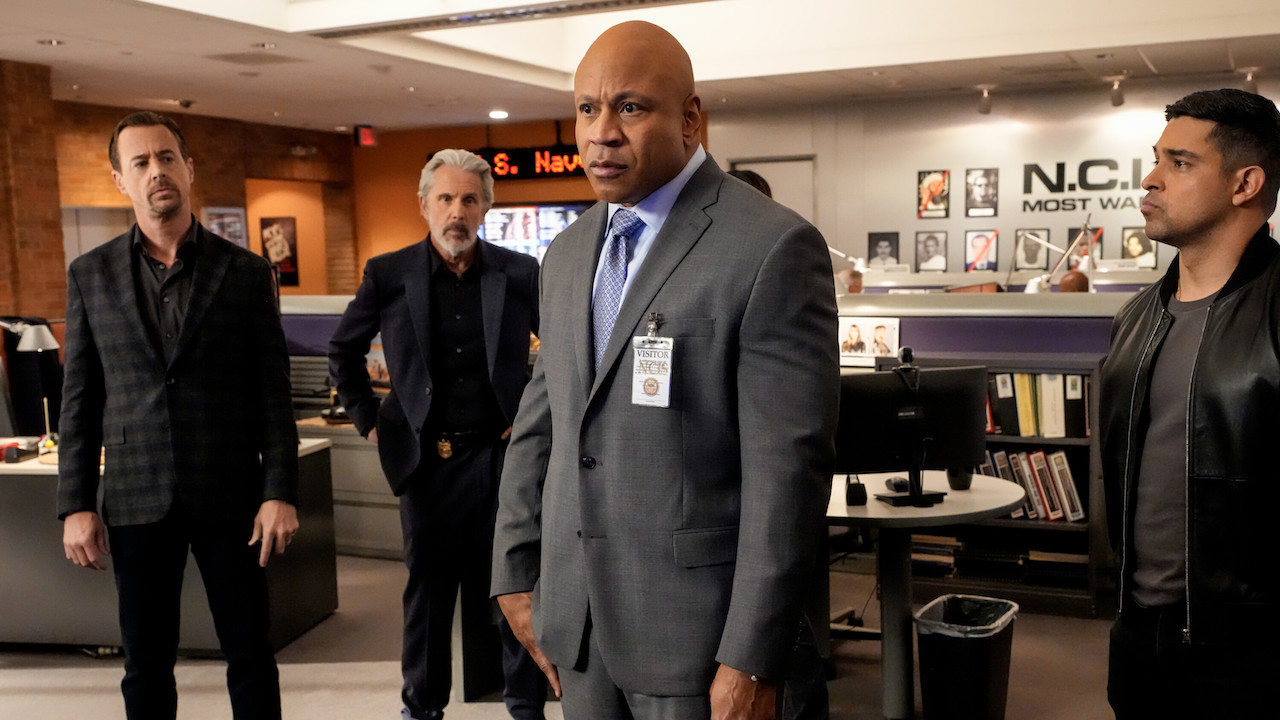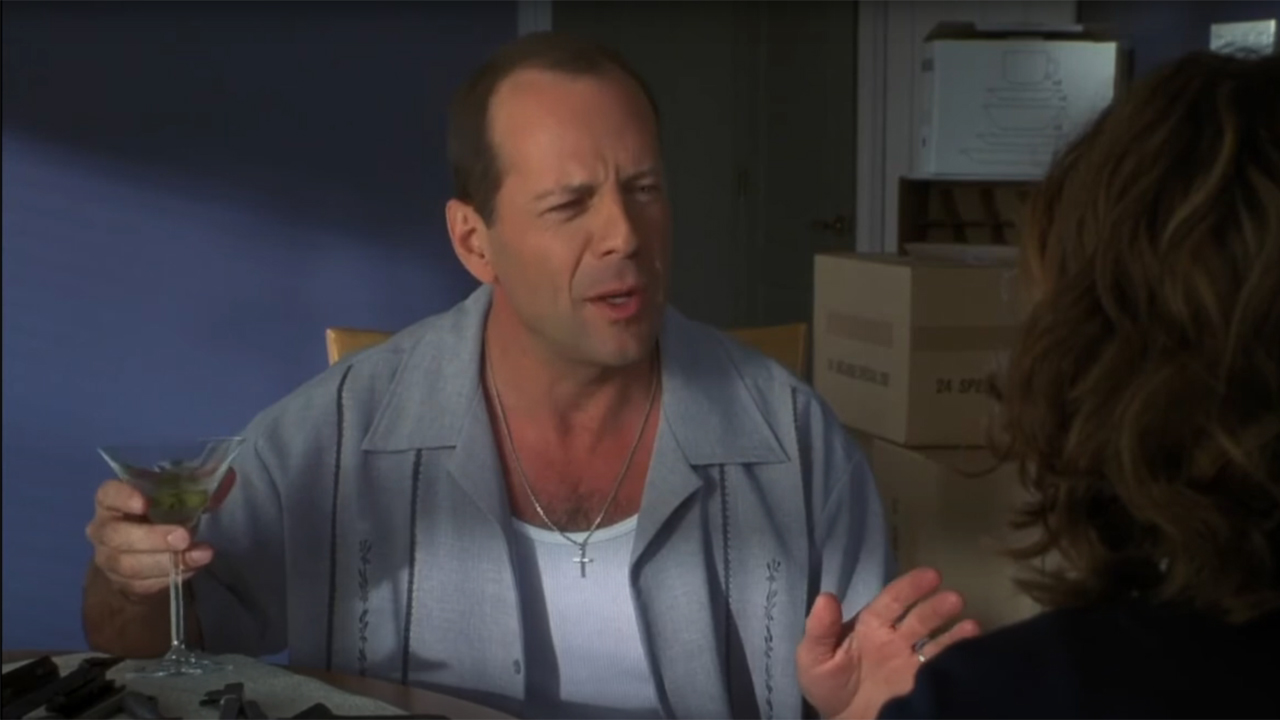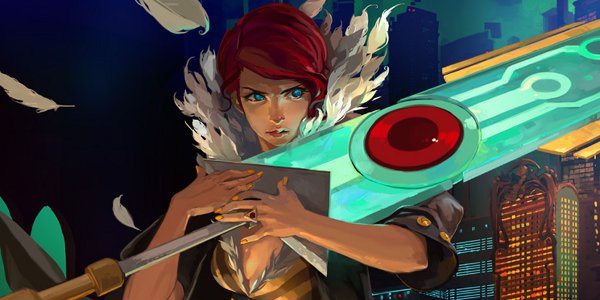
Transistor begins with confusion. A redheaded woman wakes up next to a man impaled by a sword. We don't know how these people are or how they ended up here. It's the good kind of confusion, though - the sort that makes you want to keep playing.
Transistor's story revels in its mystery. Much of the exposition is buried in character bios and news terminals you won't need to touch. You'll probably come away from the campaign only half-understanding what the hell just happened. Even if you don't know all the facts, though, the emotional thrust of the game is intact. What starts as a revenge story against a villainous cabal turns out to be something much more personal. I love the way that the real story of Transistor sneaked up on me.
Not everyone's going to love this game's story-telling style, though. Most games tend to overexplain rather than underexplain so Transistor might be an uncomfortable surprise. It's the sort of game that requires some digestion or some discussion on forums after the fact. At this point, you should know whether you're that type of gamer or not.
Red's mysterious sword allows her to stop time and queue up her actions. It's almost like Fallout 3's V.A.T.S. except you're queuing up attacks and movement. You can attack in real-time as well but you're much less effective while doing so. Pausing lets you get perfect positioning on your attacks so that a line attack hits more than one enemy, or that you can get the right combo to kill an enemy. You can see how much health an attack will inflict on an enemy and undo any moves that you're unsatisfied with.
Freezing time has a drawback, though. After you perform it, you're locked out of most of your abilities for several seconds. You'll have to scramble around in real time and avoid damage while waiting for the timer to charge so you can launch another salvo of attacks.
Transistor gives you a lot of abilities to choose from. You can slot each Function as one of four active abilities, as a modifier for other abilities, or as a passive bonus for your character. It's fun mixing and matching Functions to change your fighting style. For example, one ability lets you turn enemies into allies. I combined that Function with an ability that summons a friendly robot dog, which allowed me to create dogs that bit enemies to convert them into allies.
The enemies of Transistor are equally diverse. You'll encounter suicide bombers, worms that repair their allies, and robots that shield other enemies. As the campaign proceeds, you'll encounter more powerful versions of these enemies with additional abilities.
CINEMABLEND NEWSLETTER
Your Daily Blend of Entertainment News
No matter what enemy you're facing, though, your strategy doesn't really need to change. I used the same one-two punch throughout the entire campaign as my main attack. This strategy simply got stronger, rather than obsolete, as I gained new Functions. The different abilities of enemies determined what order in which I killed them, but didn't affect the abilities I used to kill them. I wasn't exactly a tactical mastermind so I was disappointed that the enemies didn't have effective counters to my standard attacks.
The only time you need to change your abilities is when you fall in combat. When your health hits zero, the game locks out one of active abilities rather than bouncing you back to a checkpoint. You can only regain access to that ability by visiting two customization stations. In the meantime, you'll need to use an alternate build for your character. It's a fun approach to "death" that encourages experimentation and keeps the game moving forward. The result, though, is that I never died once in the game.
If you're really looking for a challenge, the optional trials give you what you're looking for. They test you to kill a group of enemies within a time limit, survive waves of attacks, or clear a battlefield of all foes within one time-stop. These challenges really make the combat system sing. I don't know why characteristics of these challenges weren't part of the campaign's combat, though. Why not throw wave-based or time-based battles at us? Maybe some players are interested in the plot and not the strategy but the developers could've just offered an Easy mode for those gamers. The campaign could have been so much more than it is right now.
As an emotional sci-fi story, Transistor is a success. As a strategy game, though, the campaign doesn't quite hit the mark. Players looking for a good narrative will be satisfied but hardcore strategy fans will be left feeling like the game could've expected more of them. The raw materials for a spectacular strategy game were there but not fully used. In a game filled with questions and uncertainty, the game's inability to live up to its own potential might be the biggest mystery of all.
Players: 1
Developer: Supergiant Games
Publisher: Supergiant Games
ESRB: Teen
Rating:

Staff Writer at CinemaBlend.
The Simpsons' Hank Azaria Gets Honest About What Ultimately Convinced Him To Retire Apu's Voice Despite Initially Thinking The Backlash Would Blow Over
What If Sheryl Crow Had Kicked Off The Voice With Blake Shelton, Adam Levine And Co. Instead Of Christina Aguilera? The Story Behind What Nearly Happened
I Was Spoiled On The Last Of Us' Big Tragedy, But One Thing Still Made Me Cry Anyway

